I don’t think anyone can truly prepare you for having a hysterectomy in your 30s. If you had spoken to me at 25, I would have easily told you that I envisioned myself having at least two children. The possibility that I wouldn’t physically be able to never even crossed my mind.
As a woman, the ability to get pregnant and carry a child is often viewed as a given. I’ve come to learn that this is not the reality for so many of us. Infertility, being unable to keep a healthy pregnancy or carry a child of your own, can leave you feeling like you belong in the “other” category. When in reality, you are in the same boat as a lot of women. You just don’t know it because the personal shame, isolation and stigma that comes with it keeps many of us from ever talking about it publicly.
Infertility can leave you feeling like you belong in the “other” category.
At the age of 30, I was diagnosed with a disease called adenomyosis. Adenomyosis is when the tissue that normally lines the uterus grows into the muscular wall of the uterus. Some common symptoms include severe cramps (I’m talking drop-to-your-knees type of cramps), heavy menstrual bleeding and pain during sex. The only definitive cure for this disease is a hysterectomy.
At the time, having children was so far from my mind, I didn’t give too much thought to the gravity of this diagnosis. I tried conservative measures to manage my pain: medications, heating pads, physical therapy and acupuncture. You name it, I tried it. I even agreed to a very complicated surgery where the nerves leading to my uterus were cut in order to prevent me from feeling physical pain from my “junky” uterus, as I liked to call it (drastic, I know).
I did everything I could to buy myself time before I submitted to the dreaded “H” word. Despite all of my best efforts, my health was severely suffering in my attempt to hold onto my uterus for as long as I possibly could. At this point, whether or not I even wanted children at all was a serious question weighing on my mind. I weighed the pros and cons and decided that I had so many things I still wanted to do before having children.
The immense societal pressure that told me my sole purpose on this earth was to reproduce left me feeling stuck. Logically, it felt wreckless to have a child if I wasn’t absolutely positive about it.
To me, it didn’t make sense to continue to live in pain for something I wasn’t even certain that I wanted. Ultimately, my quality of life took priority over the ability to bear a child. I went into my surgery very confident in my decision. I knew it was the best one for me.
Yet, even knowing this, the grief that hit me after my hysterectomy was indescribable. How do you properly grieve over something that was never even yours? I unexpectedly found myself in an endless cycle of sadness, shame and regret.
I knew it was the best one for me. Yet, even knowing this, the grief that hit me after my hysterectomy was indescribable.
So, what is having a hysterectomy and dealing with infertility in your 30s actually like?
It’s grieving over something that never existed. It’s wondering if a partner will still think you’re “enough.” It’s constantly feeling left out of a “club” you were never part of to begin with.
It’s society subliminally sending you messages that make you feel inadequate. It’s being happy for your friends that are expecting, but then needing to sometimes keep your distance as an act of self-preservation. It’s muting expectant mothers on social media. It’s desperately avoiding baby showers and feeling tremendous guilt for doing so.
It’s desperately avoiding baby showers and feeling tremendous guilt for doing so.
It’s having women tell you that being a mother is the most important job you will ever have without realizing that may never be a possibility for you. It’s facing people who intrusively ask, “So when are you going to have kids?”
It’s choosing to believe that eventually, time, love and grace will heal your wounds and fill what sometimes feels like a never-ending void. It will undoubtedly take more time than you want it to, but I promise, you will get there.
What message does culture send about a woman’s value/purpose and its relation to motherhood? Do you know someone who has had a hysterectomy? If you were unable to have biological children, how do you think you would feel?
Image via Raisa Zwart Photography

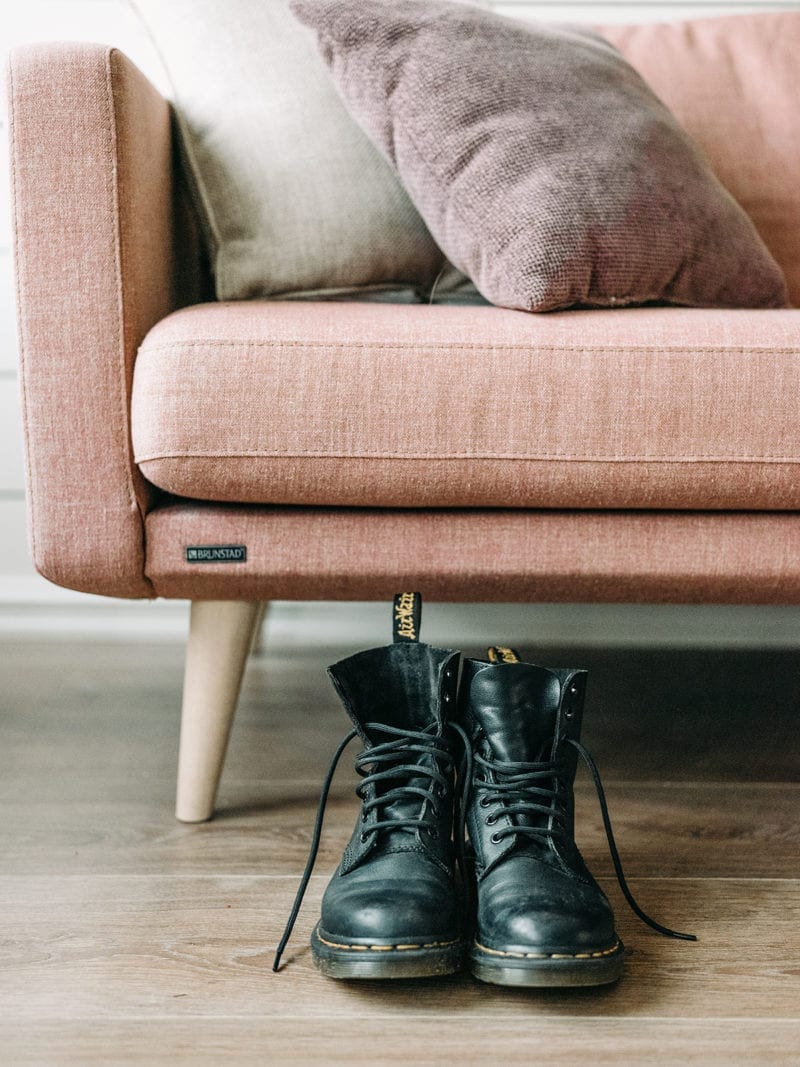
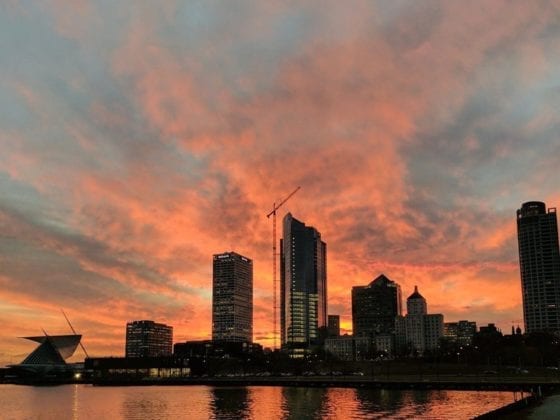
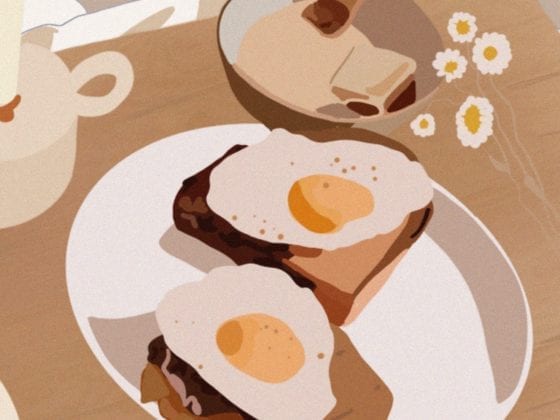
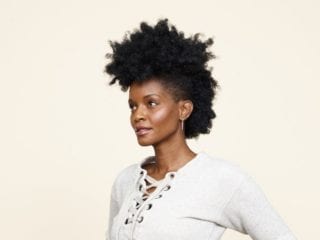
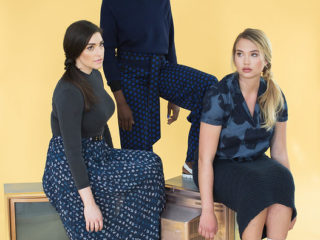
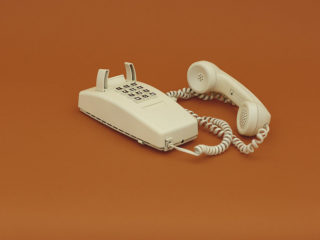
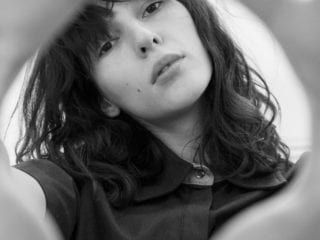

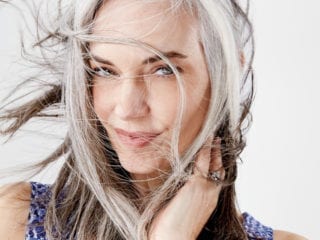


12 comments
You’re article brought up all my emotions that I’m struggling to deal with. I have both endometriosis and Adenomyosis. I’ve had two surgeries and like you said, tried everything under the sun to help. Reading this felt like reading my story, as I’m in my mid-30s and making the decision about a hysterectomy this year. The pain tells me I’m ready and everything in my life points towards that being the best choice but I want the decision to be my own and not based on my body forcing me. I don’t think my body can carry babies, but I will never know. Thank you for writing something so relatable when I needed it the most.
I am honestly and respectfully love your post /article it’s quite relatable and heart wrenching…..I too share similar thoughts and worries if I will ever be enough for someone and if I will face future struggles with infertility ….i was diagnosed with endometriosis at age 23 I am now 26 , I currently have a surgery to rid of the emdometriomas that are latch onto both my ovaries …i May need to get rid of them completely or the doctor may be able to save one there is really no telling at this point until when i am actually laying on the surgical bed…..however from time to time I wonder and ponder what circumstances lies ahead for me to face after crossing such hurdles …..your article though heart breaking still provided a gleam of hope to ‘us’ other women who face similar or same problems knowing that in time do things will get better.
Thank you for your kind words Angelica! So many women can relate to Jenneh’s story. We hope you feel so seen and not alone because of it.
Thank you for putting my very emotions into words. It’s been 3 years since my hysterectomy and I am still processing the fact that I’ll never bear children and have a legacy of my own.
Thank you for sharing Kris. We are so glad Jenneh’s story resonated with you.
Thank you for this article. Only someone who has been through this can truly understand what it’s like. I felt like when I was reading this you were telling my personal story. Thank you again for sharing your story & making it relatable helping more women like me who have gone through this are not alone in feeling this way. I thankfully found a husband who loves me for me…but those thoughts went through my head when I was single…definitely!
You are so welcome. It is quite a lonely journey, but I want others to know it doesn’t have to be.I’m so happy to hear you have a supportive husband. It makes all the difference. Sending you so much love!
Your words are beautiful Donna. Thank you for reading this story. We are so glad Jenneh’s words resonated with you and so many women.
Thank you for sharing your story. One more layer peeled back from the infertility stigma is a great accomplishment. This has made me strive to be more self-aware when discussing the decision to parent.
Yes! That’s the goal- that conversations like these will no longer be taboo.
Wow Nancy! “One more layer peeled back from the infertility stigma is a great accomplishment.” That is powerful. Jenneh’s words are impactful.
Wow! This was so well articulated. It was the finality of a choice (infertility) that endometriosis robbed me from actually having in the first place. And it’s nice to know that the jealousy (with a slight dash of resentment) followed by guilt I have when hearing or reading about people’s pregnancy announcements doesn’t make me a complete monster. I, like yourself, decided that I needed to finally close that chapter of my life and begin a new one that allowed me to take back control of my body and health. I’m only a few months post hysterectomy but I’m starting to really enjoy the freedom of not having to worry about the dreaded arrival of Aunt Flo. That being said, there are still some days I wake up and go “what did I do?”, but it’s part of the grieving process and you have to be patient and kind to yourself.